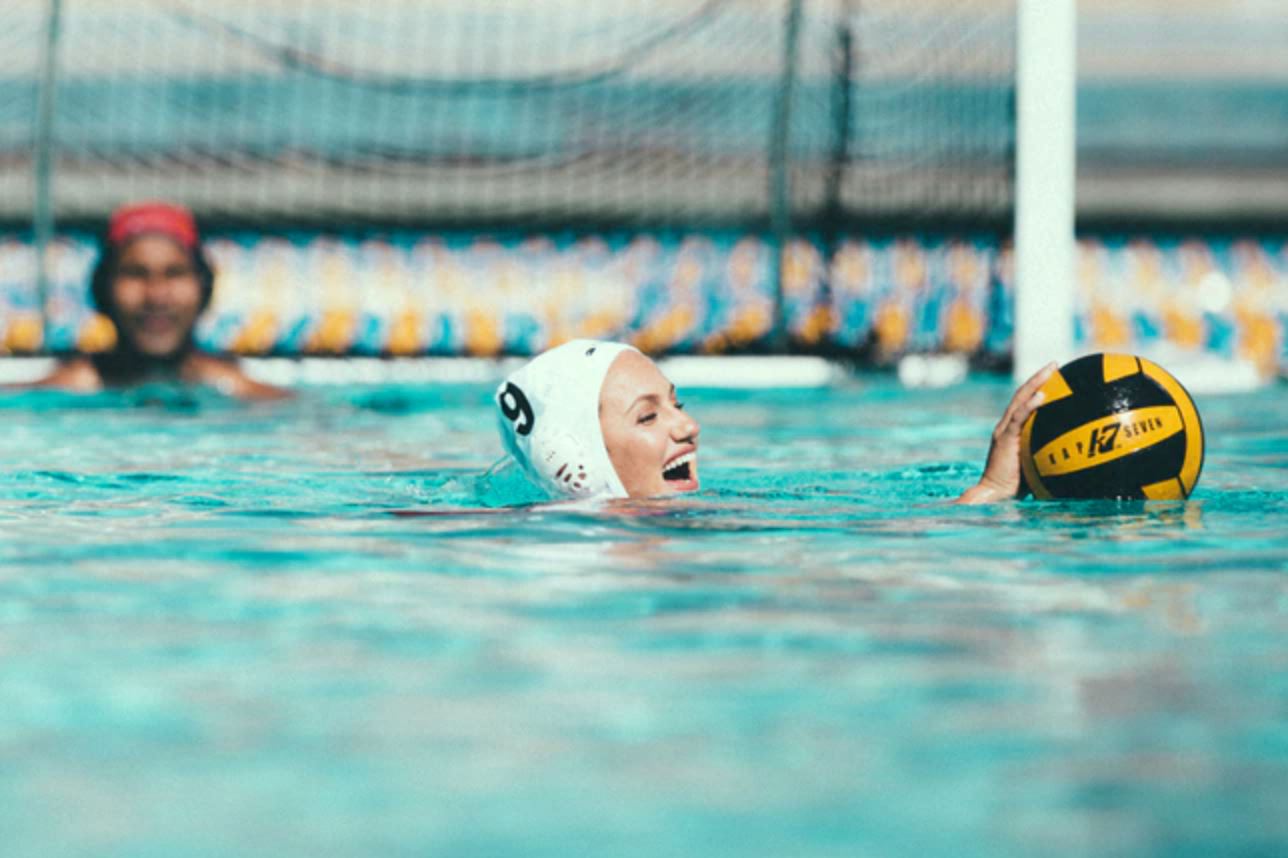Your Cart is Empty
Turning Your Captains into Leaders
For the past few weeks, I have been working with a collegiate water polo coaching staff and their captains on a process that will help their captains develop into leaders. The conversations we have had with the captains have been energizing, interesting, and challenging all at the same time. It has been fun to help them shape their vision of the team’s success as well as their understanding of how leadership is put into action.
When you look at the most successful teams, most usually see the star player when looking from the outside in, who carry the weight on the team’s stat sheet. You don’t see the leaders of the team who bring the positive energy and focus to training, competition, and team events every day. Some of the most important leaders on a team are the athletes who act and speak up in an effort to bring out the best in their teammates when least expected.
If you asked any coach, they would probably agree that leadership from their team captains is an important piece to a successful team. However, very few coaches know how to help their captains develop into strong successful leaders. Below are some of the key learning moments from my experience that can be put into action by coaches.
1. Ask your captains to define leadership
a. If they struggle to define that which they would like to become then you know you have a great starting point.
b. You can help them develop their definition by brainstorming characteristics of some of the most effective leaders that they know in and out of water polo.
2. Help them understand that there are more risks to being a leader than rewards
a. This is where they need to decide if a formal leadership role is right for them.
b. Examples of risks include: 24/7 job, earning trust and respect, jealousy by some teammates, conflict resolution, not always being liked, stuck between teammates and coaches at times, etc…
c. Examples of rewards include: helping others succeed, great experience for life, impact the team’s success, etc…
3. Set norms and responsibilities for the captain as leader
a. Being a leader has added responsibilities that the rest of the players on the team do not have.
b. Examples of responsibilities include: leading team warm-ups and drills, having talks with struggling teammates, planning team activities, addressing conflict within the team before it gets to the coaches, etc…
These leadership building steps are merely a starting point for coaches to use with their captains. Leadership is really a lifelong journey that changes from team to team and athlete to athlete. Some leaders will be great at leading by example but challenged to step up as vocal leaders due to their personality styles. One of the keys to helping leaders succeed is to make sure they are aware that they need to always lead themselves first before they can lead others. That means that coaches need to make sure their leaders are performing to their potential in the pool while they are helping others perform to theirs.
About the author: Brian Alexander is an athlete mental skills coach who works on sport psychology techniques that help athletes learn to train mental aspects related to their sport. Contact Brian for mental skills coaching via email: Alexander.brian3@gmail.comor at www.athletementalskillscoach.com. Also follow him on Twitter @BA_POS_MINDon Facebook (Athlete Mental Skills Coach) and LinkedIn.




